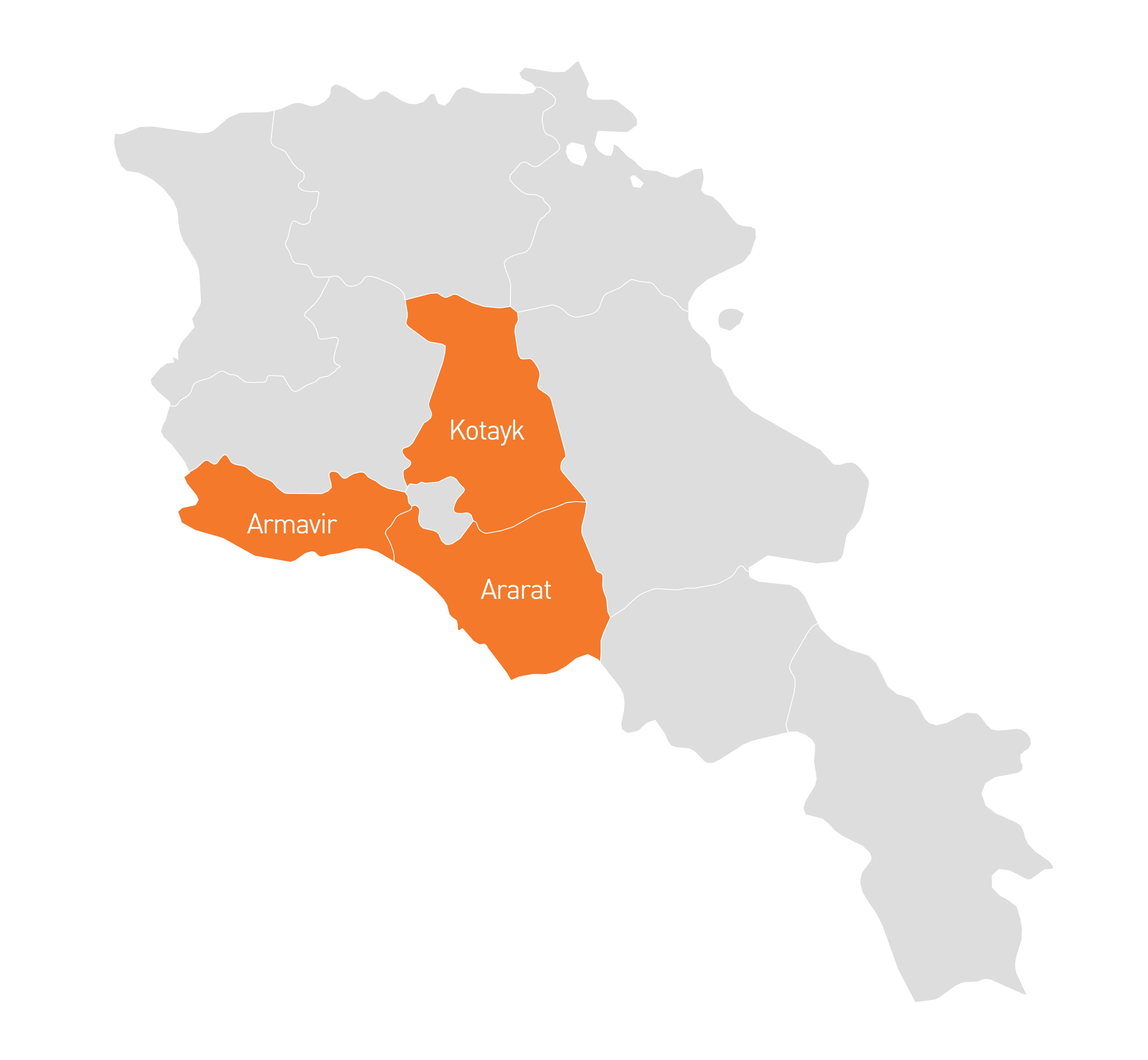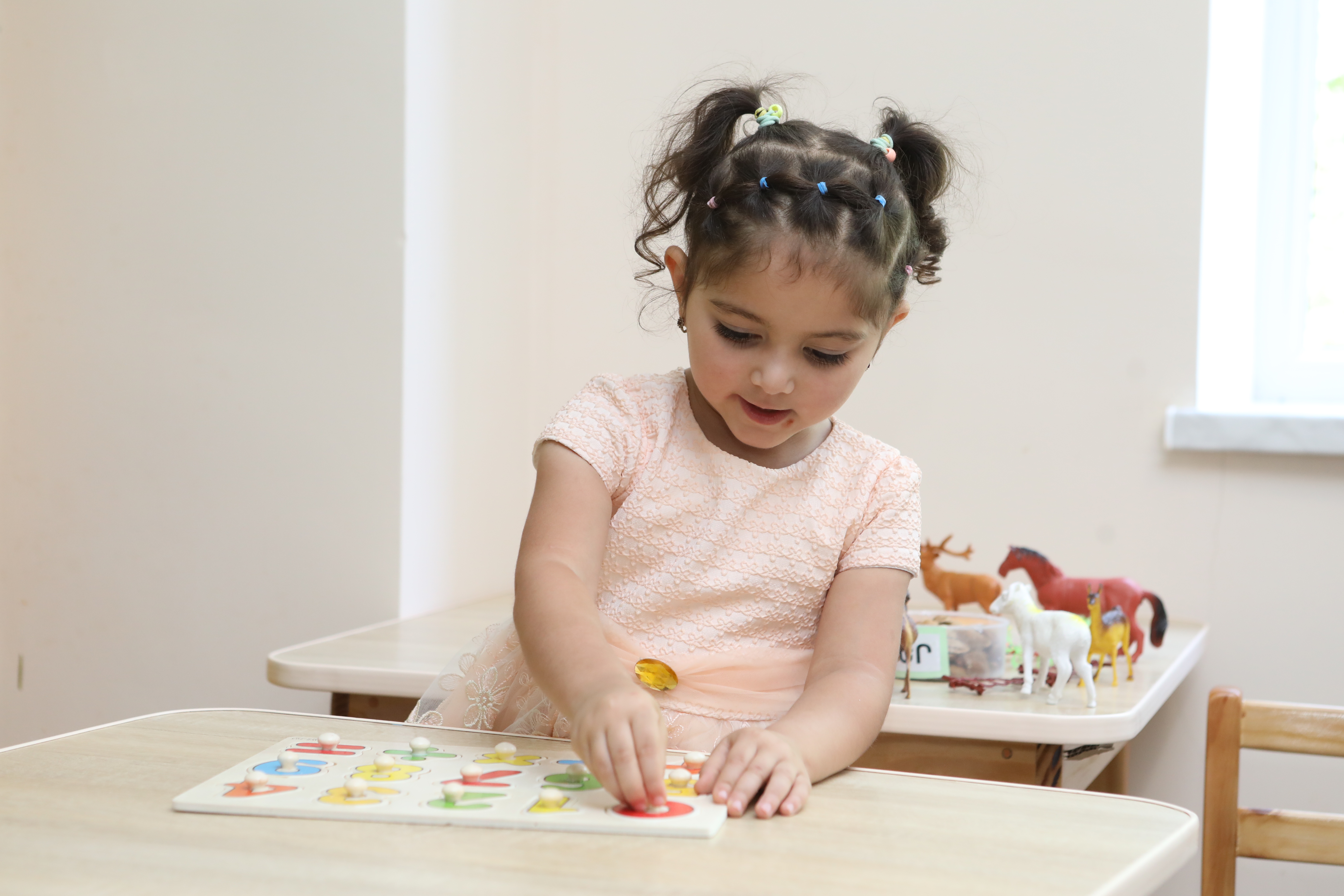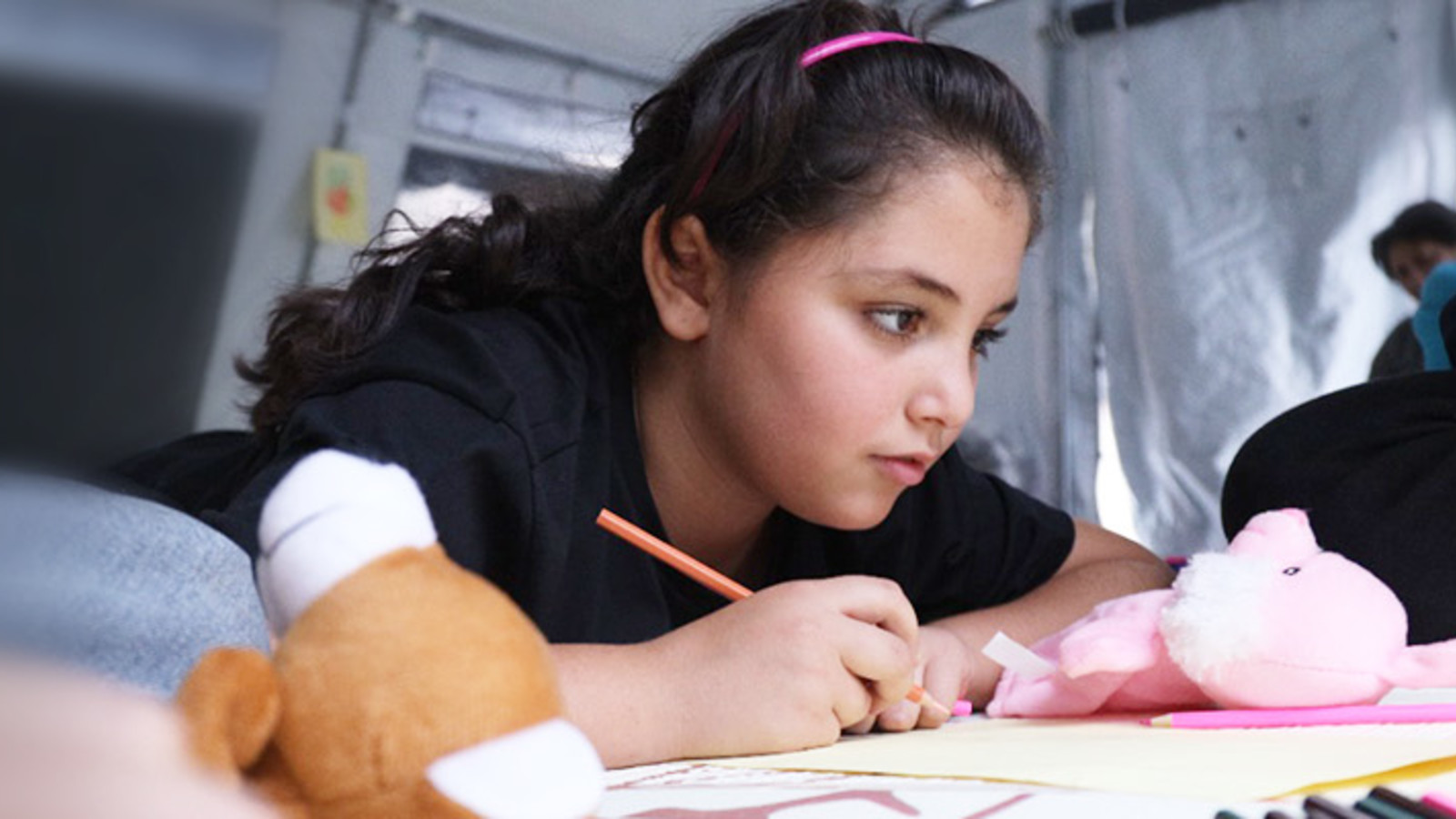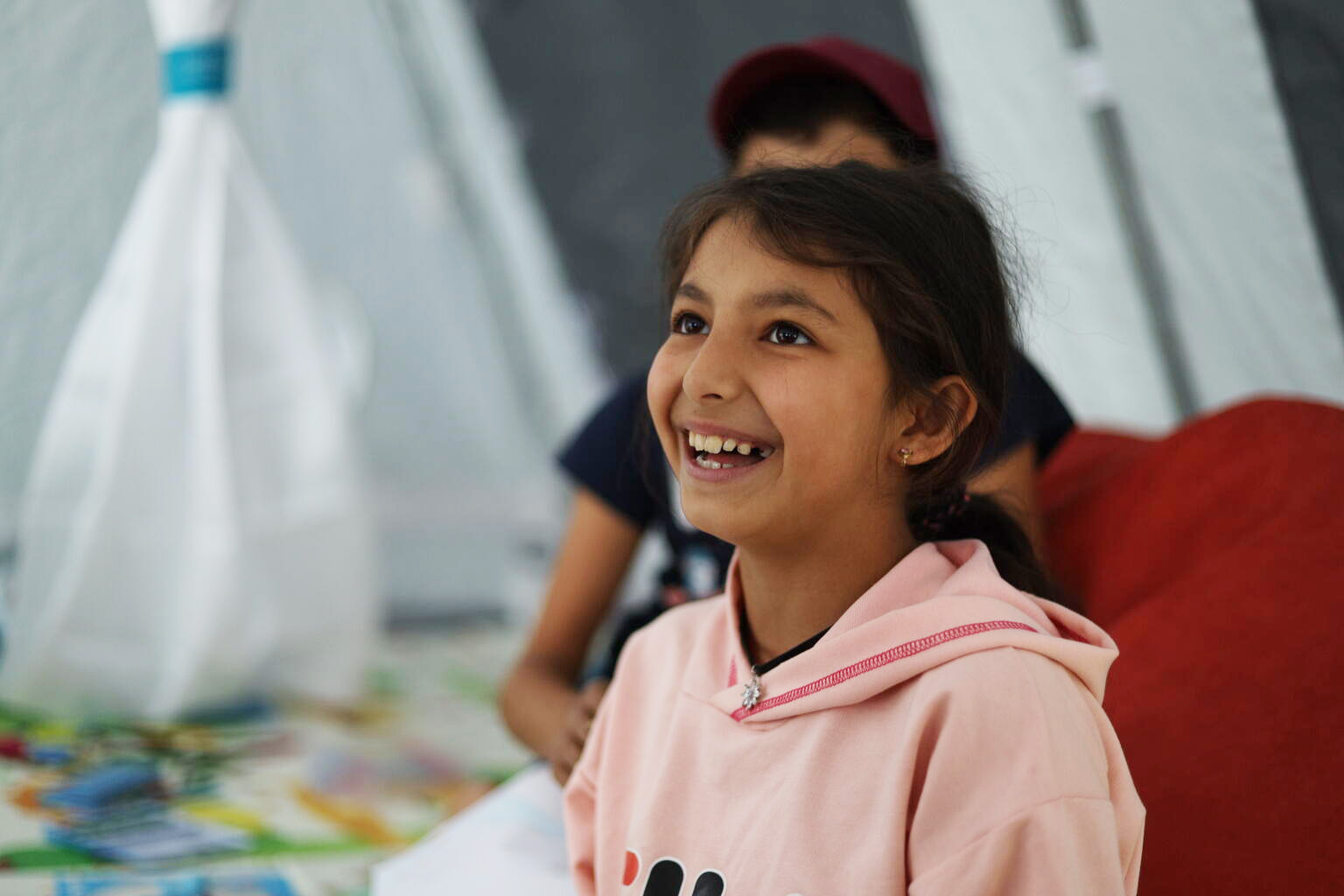ECW in Armenia
Armenia currently counts 115,257 refugees, including 36,000 children, who fled into the country in late September 2023 or were escorted through the Lachin corridor between December 2022 and September 2023, joining 26,700 displaced since the 2020 conflict. Children have been bearing the heaviest toll of this humanitarian crisis, from access to services, including psychosocial support and child protection to education. A multi-sector needs assessment conducted in refugee households by the Ministry of Labor and Social Affairs with the support of UNICEF revealed that 42 per cent of households with preschool-aged children had a child not attending kindergarten, half of whom had never done so. While 80 per cent of refugee children are enrolled in school, attendance rates are not clear. With a ratio of 6.1 refugee children for every 100 host community children, the education system of Armenia is under major strain. There is a clear commitment by the Government to address gaps in access to learning and enrollment, expansion of learning spaces and provision of learning materials, and ECW is there to support.

Investments
Financial Information
National Counterparts
Ministry of Education, Science, Culture and Sport
Ministry of Territorial Administration and Infrastructure
Civil society organizations and organizations of persons with disabilities
Programme Info

ECW’s US$1 million First Emergency Response allocation will focus on increasing access to inclusive early learning services by expanding spaces in public kindergartens. Refugee and host community girls and boys, including children with disabilities, will also have access to psychosocial support, parental education sessions will be provided to improve positive interactions between caregivers and children, and teachers will receive much-needed assistance to help integrate and support these children in their classrooms.
This intervention involves collaboration with central and local government and civil society partners to ensure quality, inclusive, age, and gender appropriate early childhood education and care services for young children, that also benefit their families, especially mothers. At the community level, increased cooperation will be garnered across health and nutrition, child protection, education, social protection, and water, sanitation, and hygiene services. The intervention will address immediate access to safe, secure and protected learning environment for affected pre-school-aged children, as well as quality of early childhood education and early childhood development practices, including through capacity building of education personnel and caregivers.
Programme Components
- Access to and participation in inclusive early learning services for refugee and host community young girls and boys are increased by expanding spaces in the state kindergartens.
- Crisis-affected young girls and boys, including children with disabilities have improved mental health and socio-emotional outcome through access to psychosocial support, improved mental health referral mechanisms and are protected from harm through child protection measures.
- Improved caregiver-child positive interaction through parental education sessions.


